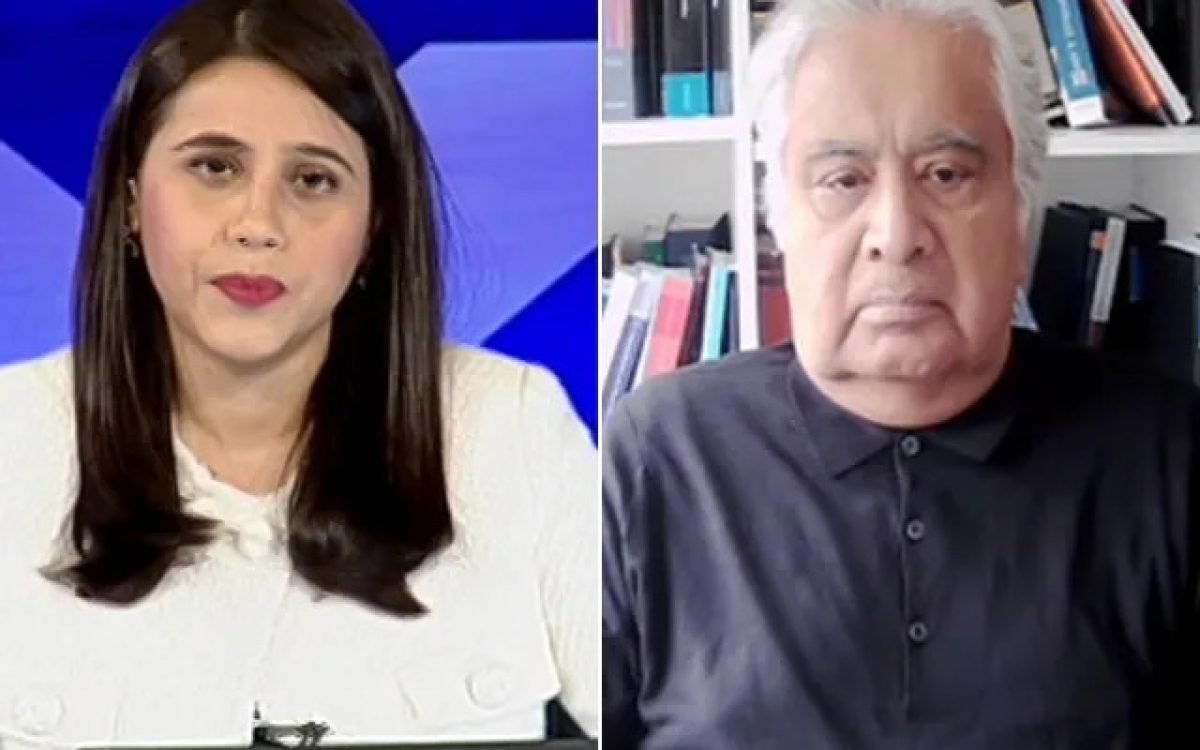Harish Salve, a prominent lawyer, has recently weighed in on the Citizenship Amendment Act (CAA), shedding light on its objectives and contextual relevance amidst criticisms. In an exclusive interview with NDTV, Salve emphasized the need for a deeper understanding of the CAA’s purpose and the historical context behind India’s decision to implement it.
Salve’s stance underscores the importance of recognizing the constitutional morality and legality underpinning the CAA. He elucidated that the law aims to expedite the citizenship process for minorities from three neighboring Islamic nations who have faced religious persecution, aligning with India’s commitment to safeguarding the rights of persecuted communities.
Central to Salve’s explanation is the historical backdrop of the Indian subcontinent pre-1947, where countries like Afghanistan, Pakistan, India, and Bangladesh were part of a more liberal framework. However, he acknowledged the transformation in these nations, particularly Pakistan and Bangladesh, which have adopted Islamic identities. Salve highlighted the challenges faced by Afghanistan, particularly with the rise of the Taliban, underscoring the evolving socio-political landscape of the region.
Critics of the CAA, according to Salve, may not fully grasp its objectives or the complexities of the region’s history and contemporary realities. He emphasized the need for a nuanced understanding, rooted in the evolving dynamics of religious identity and persecution in the region.
Salve’s insights prompt reflection on the broader implications of the CAA, beyond its legal framework. They underscore the imperative of grappling with historical legacies and contemporary challenges, while navigating complex issues of citizenship, religion, and human rights.
As debates surrounding the CAA continue, Salve’s perspective serves as a valuable contribution, encouraging informed discourse and dialogue on crucial issues shaping India’s socio-political landscape. Ultimately, his remarks underscore the importance of engaging with diverse perspectives and contextual nuances to foster greater understanding and consensus on complex issues such as citizenship and religious identity.









